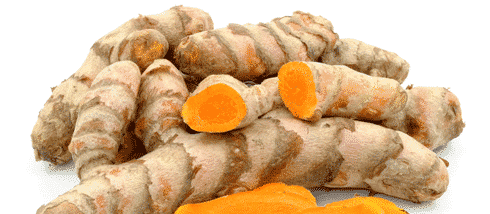
by Donald McGee, Wellness Contributor
If you find yourself grappling with depression, you are—for better or worse—not alone. However, if you do suffer from depression, you do feel alone.
… as of 2012, diagnoses of depression are growing at an alarming rate …
Healthline reports that, as of 2012, diagnoses of depression are growing at an alarming rate and, as if depression alone weren’t enough, states that report high rates of depression also report accompanying physical manifestations of stress with greater obesity rates and incidences of heart disease.
Perhaps you have tried talking with a therapist or counselor, which is an effective way to tackle this often desperation-inducing condition, but it often works even better when you treat the chemical side of the issue. Doctors often prescribe a selective serotonin reuptake inhibitor (SSRI) such as Fluoxentine, Sertraline and Citalopram, and they are often effective but they sometimes come with side effects that may complicate treatment, at the very least.
Another option you might consider is looking into natural treatments for depression. You might even ask your physician or psychiatric professional what experience and information they have regarding natural approaches to treating depression.
If you begin your own research, you will come across many fascinating natural supplements to help you find some clarity in the midst of depression.
Some of the most common treatments include St. John’s Wort, 5HTP, SAMe, L-Theanine, Vitamin D3, B-vitamins and Fish Oil.
Treatment with Turmeric
Lurking in your spice rack is a potentially powerful component of your depression treatment. Something as delightful and delectable as turmeric that adds the beautiful yellow color to your curry dishes and mustard can actually become an integral part of your wellness. Turmeric has been used in Ayurvedic medicine for a wide range of conditions, illnesses and disorders for more than 4,000 years and in China from 700 A.D.
Curcumin and Neurogenesis
Curcumin, which is turmeric’s active ingredient, has been tested on animals and has shown effective improvement over depression in the animals. According to Dr. Weil, curcumin spurs nerve growth in the frontal cortex and hippocampal portions of the brain. One line of thinking attributes depression to damage to the hippocampal neurons, so anything that serves to repair that area might serve as the secret weapon against depression. Along with high impact exercise, bright light and learning, Curcumin has the potential to increase neurogenesis to decrease the negative effects of depression, if not the depression itself.
Curcumin and Turmeric Increase Serotonin and Dopamine in the Brain
Similar to the benefits of SSRIs, turmeric and curcumin increase serotonin levels, which help regulate sleep, learning, memory and mood. To a lesser degree, curcumin increases the level of dopamine in the brain, which controls emotional responses to situations and movement.
Turmeric On Its Own for Treating Depression?
While turmeric is effective in conjunction with SSRIs, it is not yet certain whether you could eschew your antidepressant prescription quite yet. Your doctor might have more information about the synergistic effects of taking turmeric or curcumin as a complement to your SSRI prescription or any other medication you might take to help with depression.
Thank you to our friends at Wellness.com for contributing this piece.
Copyright 2019, HealthyResearch.com
















